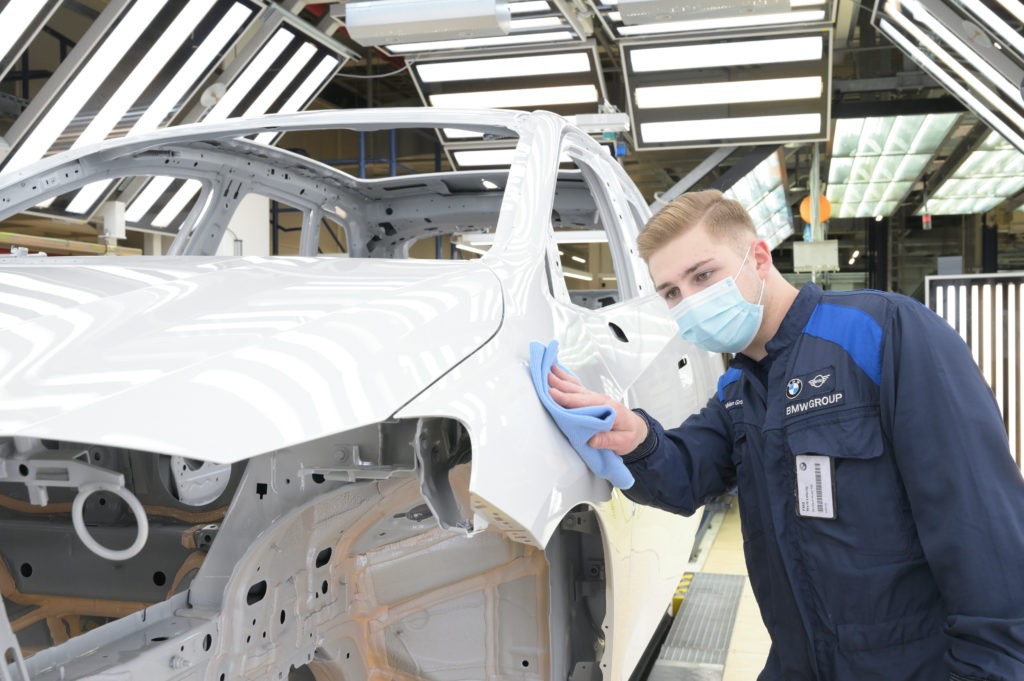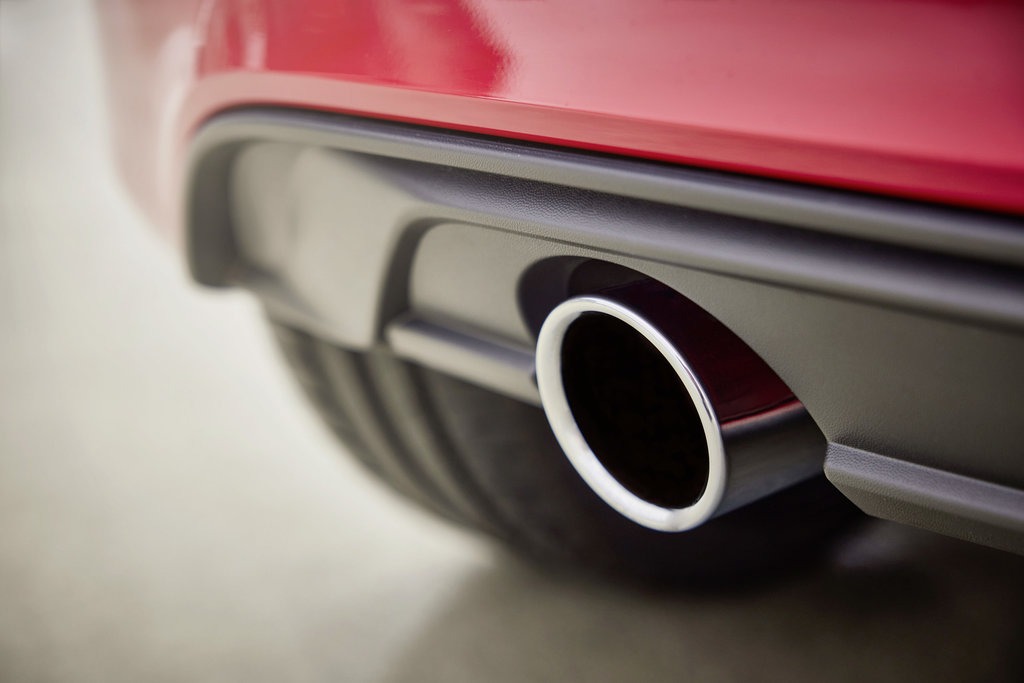EU corporate sustainability proposal needs to be realistic for automotive industry
28 February 2022

The EU Commission has adopted a proposal, aiming to set out rules for companies to respect human rights and the environment in global value chains. The corporate sustainability due diligence directive could have an effect on European carmakers, many of which already engage in sustainable corporate practices, but might face challenges in improving their environmental footprints and human-rights track records.
While many business leaders are expected to welcome the proposal, there has been criticism from the German trade association VDMA, which represents some big carmakers and automotive suppliers. It argues that the scope of the directive should be limited to activities companies can control, such as the ones of its subsidiaries and direct suppliers. Anything else would be unrealistic, it warned.
‘This approach would neither be practicable nor serve the purpose of the law. Medium-sized companies do not have the market power to influence the deeper supply chain or in particular their customers – even large corporate groups would find this difficult,’ said Thilo Brodtmann, executive director of VDMA.
Sustainable mining
Many carmakers are acutely aware of their responsibilities to establish sustainable supply chains and put their focus on finding ethically-sourced materials. BMW, which has ambitions to become the most sustainable carmaker in the world, has just joined a sustainable lithium-mining project in Chile.
The German manufacturer said responsible management of natural resources is a key part of its sustainability strategy. It is supporting the ‘Responsible Lithium Partnership’ project, which aims to increase understanding of conscientious management of natural resources among local interest groups. It will have a direct impact on the future of the Salar de Atacama salt flat in Chile, one of the world’s main sources of lithium.
The partnership was launched last year by BASF, the Mercedes-Benz Group, Daimler Truck, Fairphone, and the Volkswagen Group, and has an initial duration of three years. The project does not promote lithium sourcing or the purchase of mineral raw materials.
‘Representatives from lithium and copper mining, agriculture, tourism, indigenous communities, and government are invited to a local multi-stakeholder platform where they will develop measures together. A further aim is to develop a joint action plan to improve long-term management of natural resources and implement initial steps,’ BMW said.
Sustainable trading
The EU’s proposal argues that a mix of due-diligence processes, civil liability measures and public oversight would push more sustainable trading. Under these rules, companies would be required to identify, prevent, end or mitigate adverse impacts of their activities on human rights, including child labour and exploitation. It also takes into account effects on the environment, such as pollution and biodiversity loss.
The new rules would bring about legal certainty for businesses while also providing more transparency to consumers and investors. The EU hopes the proposal will advance the green transition – a big theme in the automotive sector – and protect global human rights.
Who is affected? The directive will apply to EU companies that employ at least 500 staff and have a net worldwide turnover of more than €150 million. But for companies operating in a risk sector, the thresholds are lowered to 250 employees and €40 million in turnover. For businesses headquartered outside the bloc, there is only a turnover threshold that depends on the sector. Small- and medium-sized enterprises (SMEs) are not directly impacted.
Game-changer
‘This proposal is a real game-changer in the way companies operate their business activities throughout their global supply chain,’ said Didier Reynders, commissioner for justice. ‘With these rules, we want to stand up for human rights and lead the green transition. We can no longer turn a blind eye to what happens down our value chains. The momentum in the market has been building in support of this initiative, with consumers pushing for more sustainable products.’
As with most proposals, it will take time before this one will come into effect. First, the European Parliament and the Council need to approve the directive and once adopted, member states will have two years to integrate it into national law.



